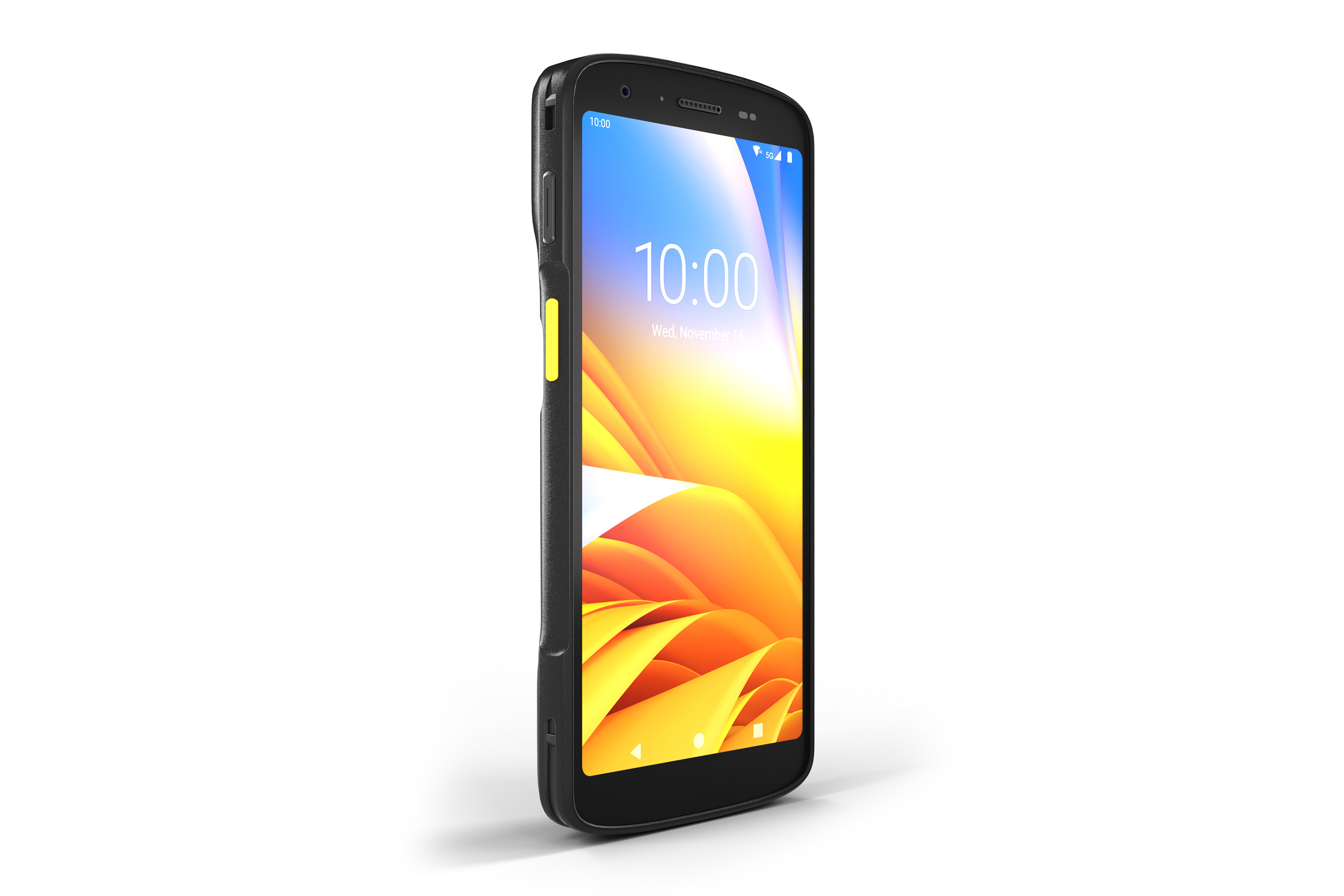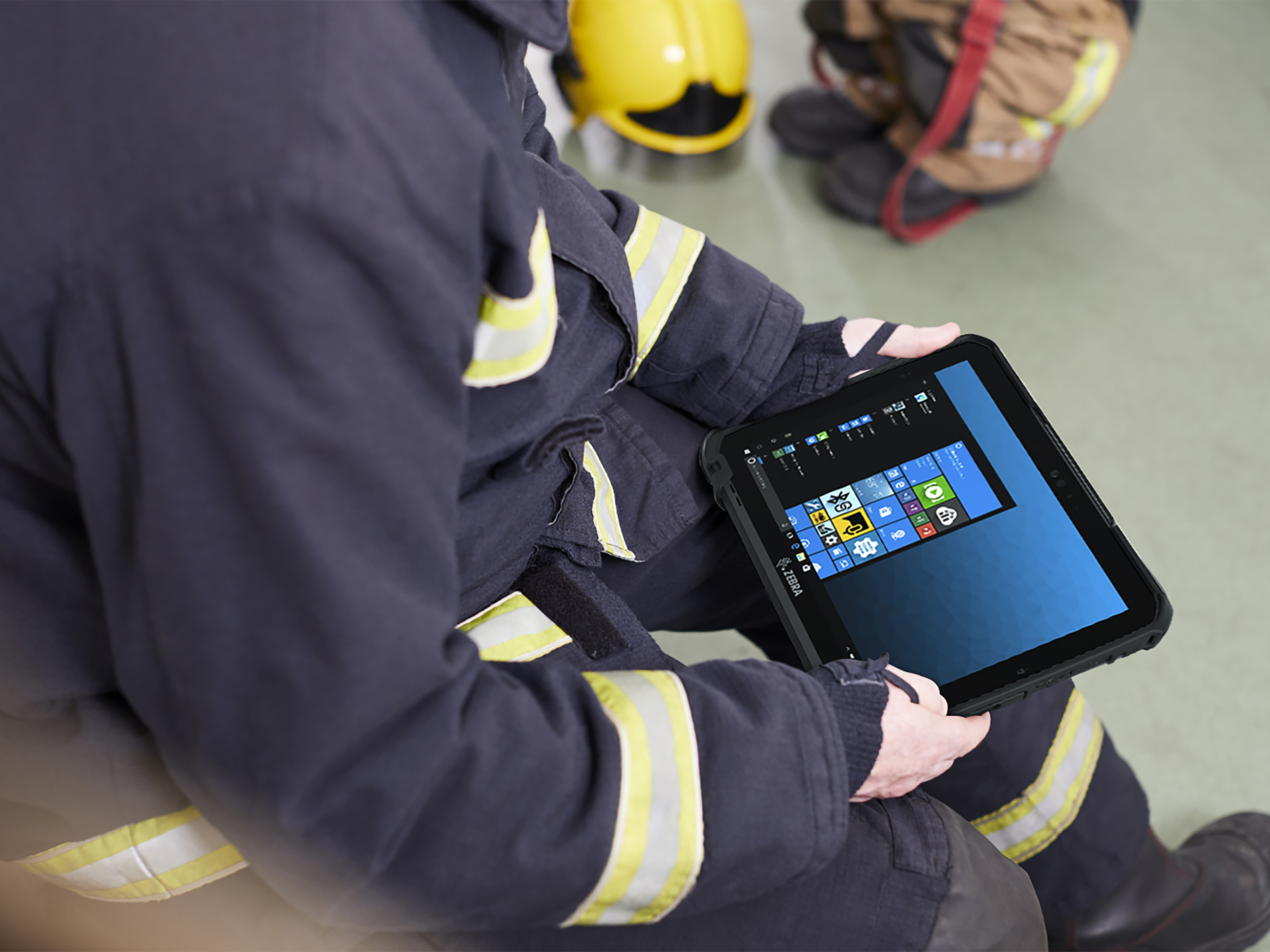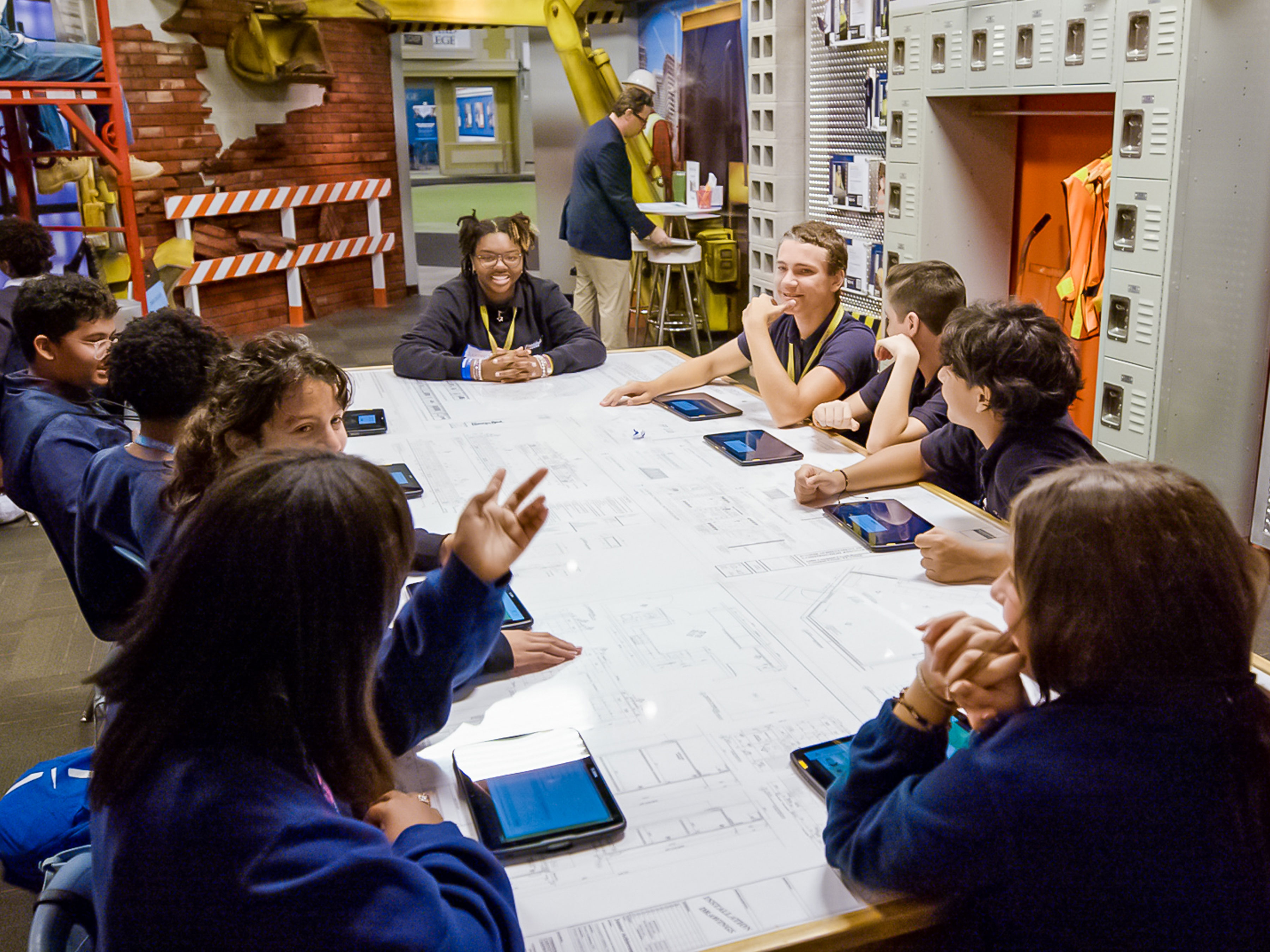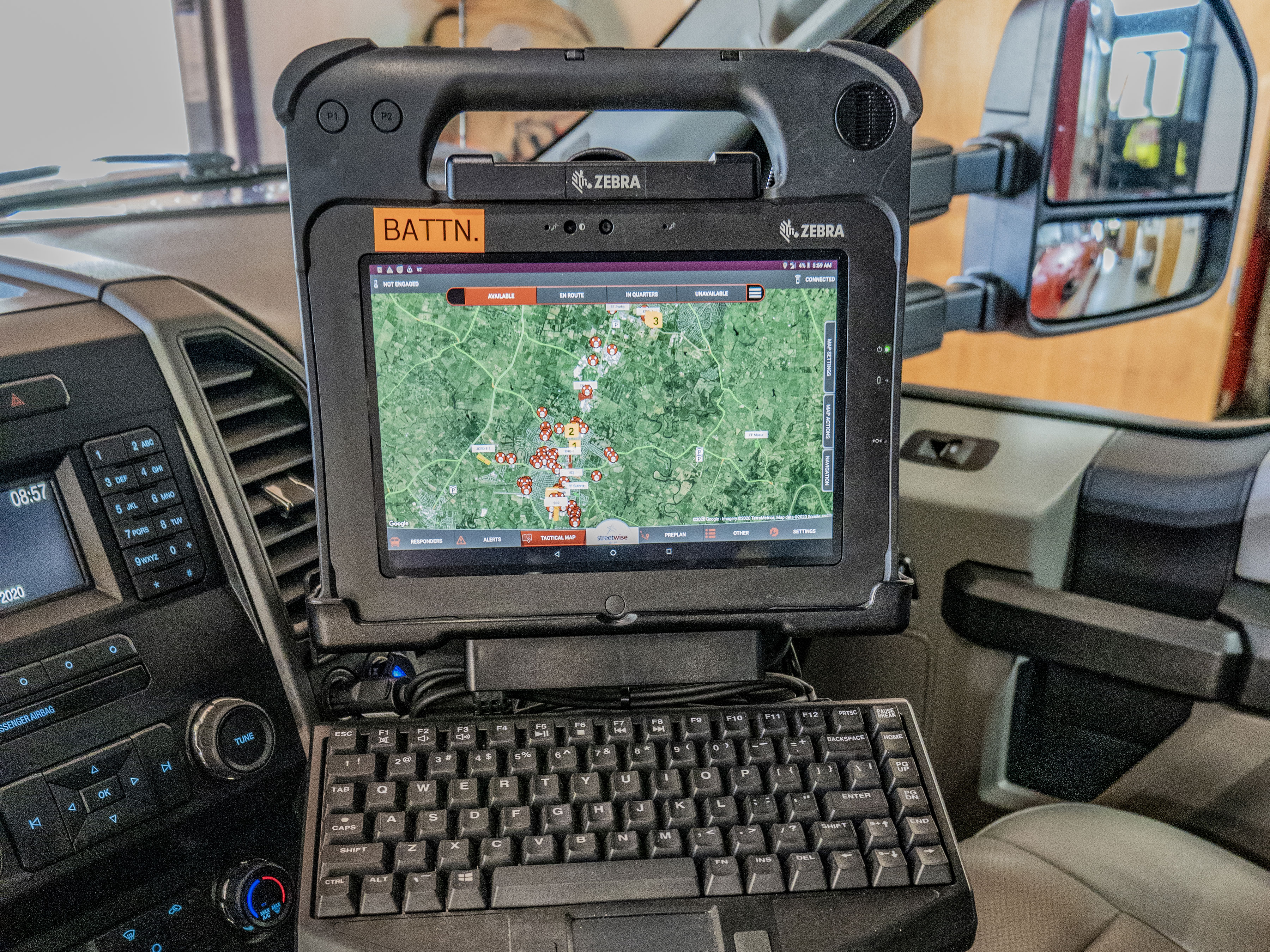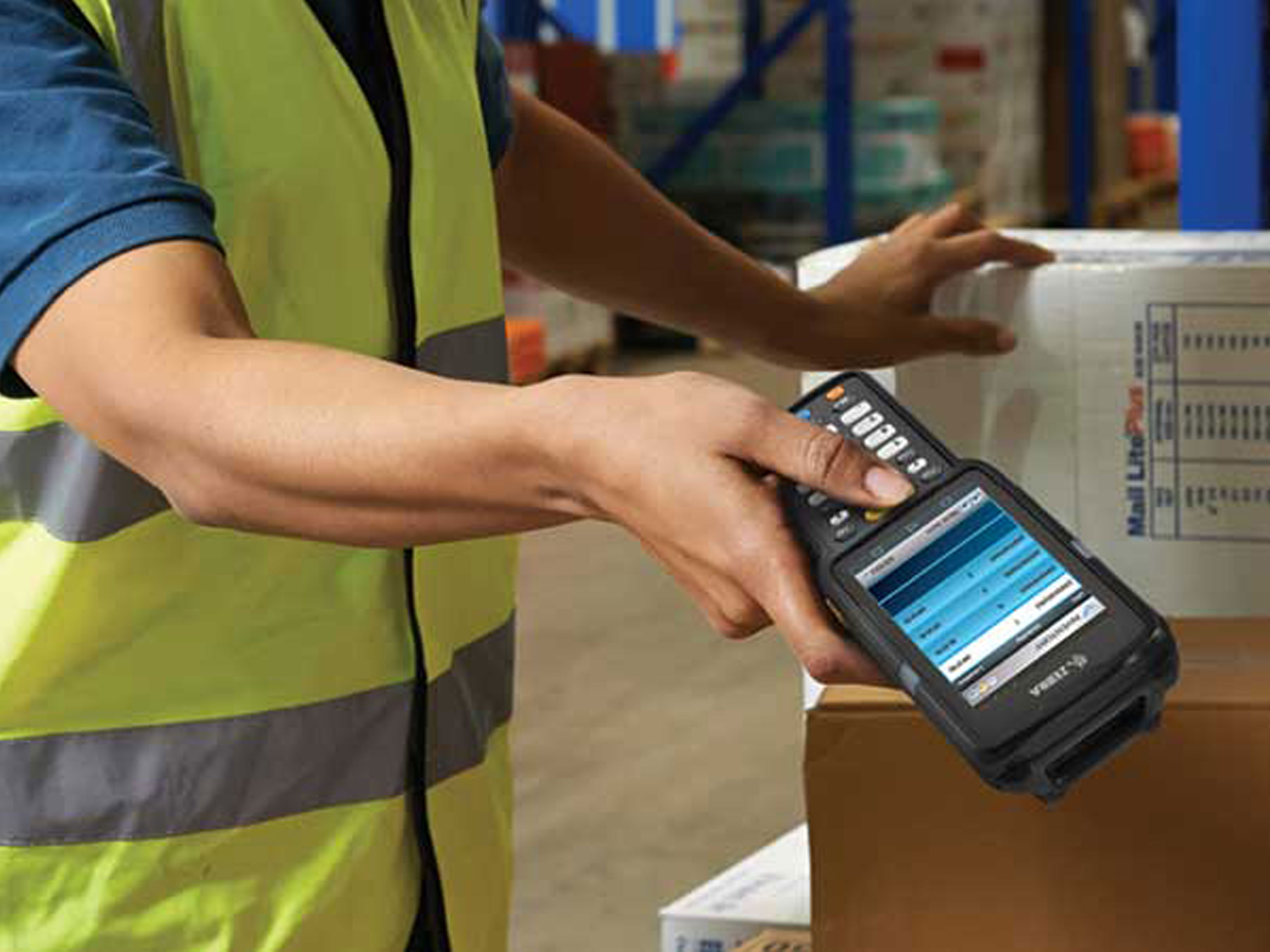Transform retail operations with Zebra’s retail technology solutions, featuring hardware and software for improving inventory management and empowering teams.
Streamline operations with Zebra’s healthcare technology solutions, featuring hardware and software to improve staff collaboration and optimize workflows.
Enhance processes with Zebra’s manufacturing technology solutions, featuring hardware and software for automation, data analysis, and factory connectivity.
Zebra’s transportation and logistics technology solutions feature hardware and software for enhancing route planning, visibility, and automating processes.
Learn how Zebra's public sector technology solutions empower state and local governments to improve efficiency with asset tracking and data capture devices.
Zebra's hospitality technology solutions equip your hotel and restaurant staff to deliver superior customer and guest service through inventory tracking and more.
Zebra's market-leading solutions and products improve customer satisfaction with a lower cost per interaction by keeping service representatives connected with colleagues, customers, management and the tools they use to satisfy customers across the supply chain.
Empower your field workers with purpose-driven mobile technology solutions to help them capture and share critical data in any environment.
Zebra's range of Banking technology solutions enables banks to minimize costs and to increase revenue throughout their branch network. Learn more.
Zebra's range of mobile computers equip your workforce with the devices they need from handhelds and tablets to wearables and vehicle-mounted computers.
Zebra's desktop, mobile, industrial, and portable printers for barcode labels, receipts, RFID tags and cards give you smarter ways to track and manage assets.
Zebra's 1D and 2D corded and cordless barcode scanners anticipate any scanning challenge in a variety of environments, whether retail, healthcare, T&L or manufacturing.
Zebra's extensive range of RAIN RFID readers, antennas, and printers give you consistent and accurate tracking.
Choose Zebra's reliable barcode, RFID and card supplies carefully selected to ensure high performance, print quality, durability and readability.
Zebra's rugged tablets and 2-in-1 laptops are thin and lightweight, yet rugged to work wherever you do on familiar and easy-to-use Windows or Android OS.
With Zebra's family of fixed industrial scanners and machine vision technologies, you can tailor your solutions to your environment and applications.
Zebra’s line of kiosks can meet any self-service or digital signage need, from checking prices and stock on an in-aisle store kiosk to fully-featured kiosks that can be deployed on the wall, counter, desktop or floor in a retail store, hotel, airport check-in gate, physician’s office, local government office and more.
Adapt to market shifts, enhance worker productivity and secure long-term growth with AMRs. Deploy, redeploy and optimize autonomous mobile robots with ease.
Discover Zebra’s range of accessories from chargers, communication cables to cases to help you customize your mobile device for optimal efficiency.
Zebra's environmental sensors monitor temperature-sensitive products, offering data insights on environmental conditions across industry applications.
Zebra's location technologies provide real-time tracking for your organization to better manage and optimize your critical assets and create more efficient workflows.
Enhance frontline operations with Zebra’s AI software solutions, which optimize workflows, streamline processes, and simplify tasks for improved business outcomes.
Empower your frontline with Zebra Companion AI, offering instant, tailored insights and support to streamline operations and enhance productivity.
Boost productivity with Zebra Frontline AI Enablers: AI vision models, sample apps, and APIs streamline workflows for efficient business processes.
Zebra Frontline AI Blueprints deliver adaptable, real-world AI frameworks that automate manual tasks and drive efficiency in high-pressure frontline operations.
Zebra Workcloud, enterprise software solutions boost efficiency, cut costs, improve inventory management, simplify communication and optimize resources.
Keep labor costs low, your talent happy and your organization compliant. Create an agile operation that can navigate unexpected schedule changes and customer demand to drive sales, satisfy customers and improve your bottom line.
Drive successful enterprise collaboration with prioritized task notifications and improved communication capabilities for easier team collaboration.
Get full visibility of your inventory and automatically pinpoint leaks across all channels.
Reduce uncertainty when you anticipate market volatility. Predict, plan and stay agile to align inventory with shifting demand.
Drive down costs while driving up employee, security, and network performance with software designed to enhance Zebra's wireless infrastructure and mobile solutions.
Explore Zebra’s printer software to integrate, manage and monitor printers easily, maximizing IT resources and minimizing down time.
Make the most of every stage of your scanning journey from deployment to optimization. Zebra's barcode scanner software lets you keep devices current and adapt them to your business needs for a stronger ROI across the full lifecycle.
RFID development, demonstration and production software and utilities help you build and manage your RFID deployments more efficiently.
RFID development, demonstration and production software and utilities help you build and manage your RFID deployments more efficiently.
Zebra DNA is the industry’s broadest suite of enterprise software that delivers an ideal experience for all during the entire lifetime of every Zebra device.
Advance your digital transformation and execute your strategic plans with the help of the right location and tracking technology.
Boost warehouse and manufacturing operations with Symmetry, an AMR software for fleet management of Autonomous Mobile Robots and streamlined automation workflows.
The Zebra Aurora suite of machine vision software enables users to solve their track-and-trace, vision inspection and industrial automation needs.
Zebra Aurora Focus brings a new level of simplicity to controlling enterprise-wide manufacturing and logistics automation solutions. With this powerful interface, it’s easy to set up, deploy and run Zebra’s Fixed Industrial Scanners and Machine Vision Smart Cameras, eliminating the need for different tools and reducing training and deployment time.
Aurora Imaging Library™, formerly Matrox Imaging Library, machine-vision software development kit (SDK) has a deep collection of tools for image capture, processing, analysis, annotation, display, and archiving. Code-level customization starts here.
Aurora Design Assistant™, formerly Matrox Design Assistant, integrated development environment (IDE) is a flowchart-based platform for building machine vision applications, with templates to speed up development and bring solutions online quicker.
Designed for experienced programmers proficient in vision applications, Aurora Vision Library provides the same sophisticated functionality as our Aurora Vision Studio software but presented in programming language.
Aurora Vision Studio, an image processing software for machine & computer vision engineers, allows quick creation, integration & monitoring of powerful OEM vision applications.
Adding innovative tech is critical to your success, but it can be complex and disruptive. Professional Services help you accelerate adoption, and maximize productivity without affecting your workflows, business processes and finances.
Zebra's Managed Service delivers worry-free device management to ensure ultimate uptime for your Zebra Mobile Computers and Printers via dedicated experts.
Find ways you can contact Zebra Technologies’ Support, including Email and Chat, ask a technical question or initiate a Repair Request.
Zebra's Circular Economy Program helps you manage today’s challenges and plan for tomorrow with smart solutions that are good for your budget and the environment.
The Zebra Knowledge Center provides learning expertise that can be tailored to meet the specific needs of your environment.
Zebra has a wide variety of courses to train you and your staff, ranging from scheduled sessions to remote offerings as well as custom tailored to your specific needs.
Build your reputation with Zebra's certification offerings. Zebra offers a variety of options that can help you progress your career path forward.
Build your reputation with Zebra's certification offerings. Zebra offers a variety of options that can help you progress your career path forward.
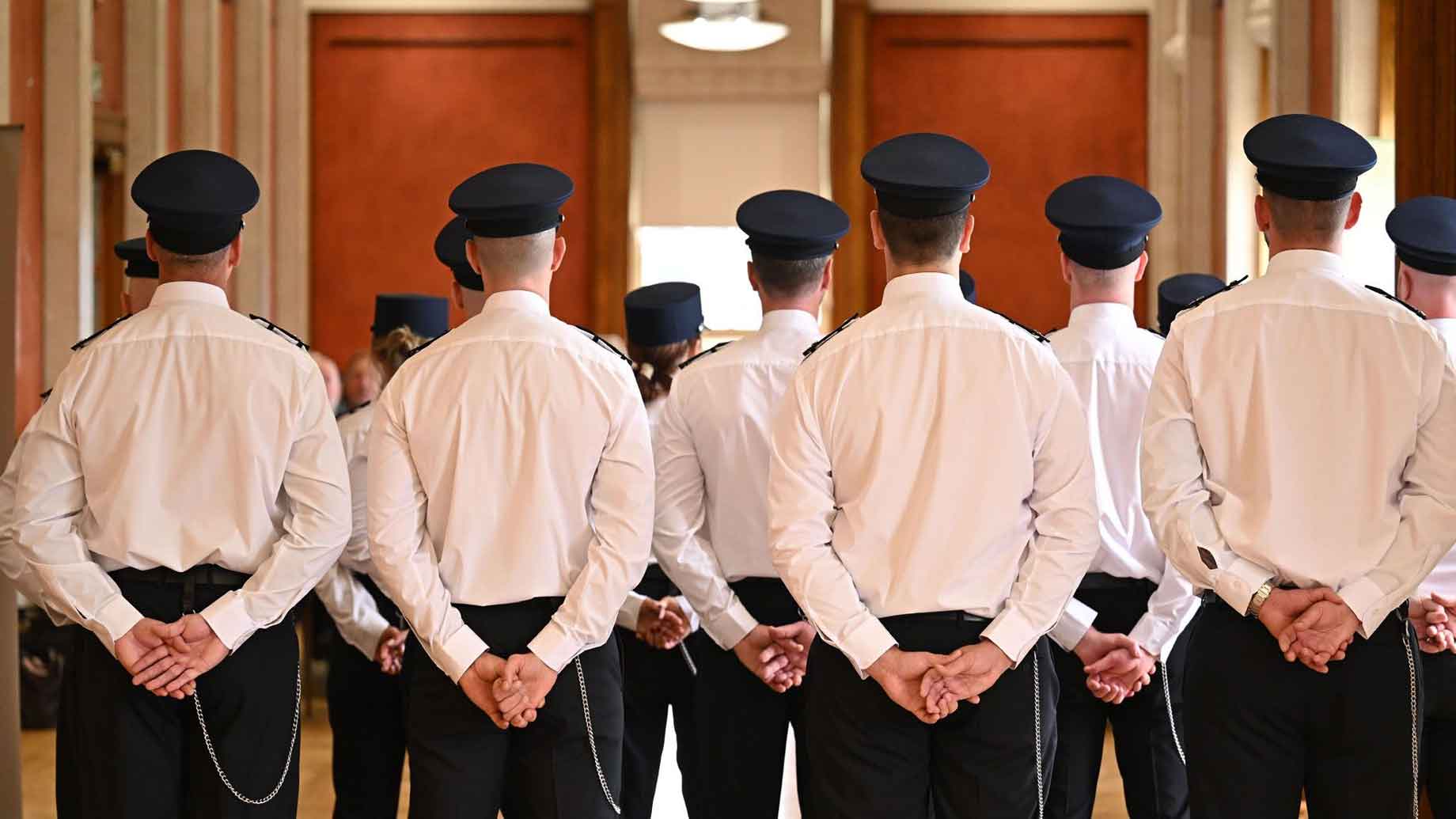
Zebra and Sopra Steria Build Bespoke Solution for the Northern Ireland Prison Service to Better Ensure and Protect Prisoner Welfare
The Northern Ireland Prison Service (NIPS), tasked with managing over 2,000 prisoners across three facilities, must ensure compliance with the United Nations' Mandela Rules, which establish standards for prisoner treatment.
Zebra Success Story: Northern Ireland Prison Service
Overview: Public Sector Challenge
The Northern Ireland Prison Service needed a way to more accurately demonstrate and validate how prisoners in the prison care and supervision units were treated in relation to legally enshrined protections about time spent inside and outside cells. The solution had to work in accordance with existing technology like CCTV footage to provide a holistic overview of prisoner movements.
Benefits / Outcomes
- Increased overview of prisoner movements and condition accountability
- Interest in the same solution from other prison departments
- Reduced stress for prison officers
Customer
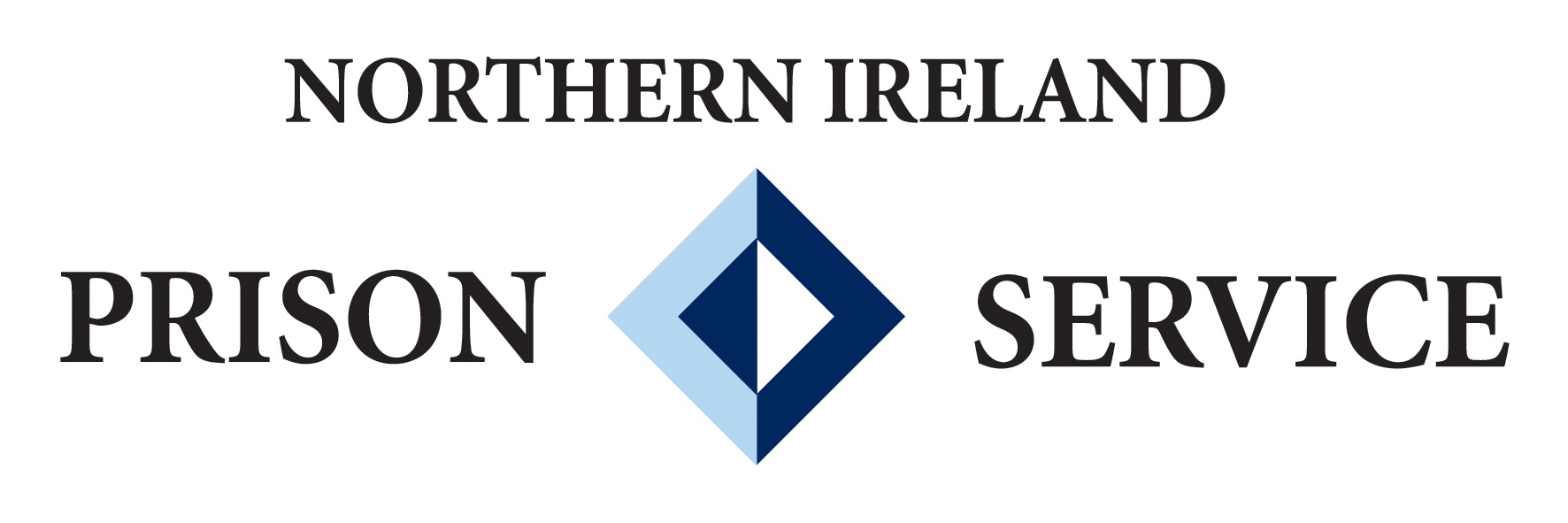
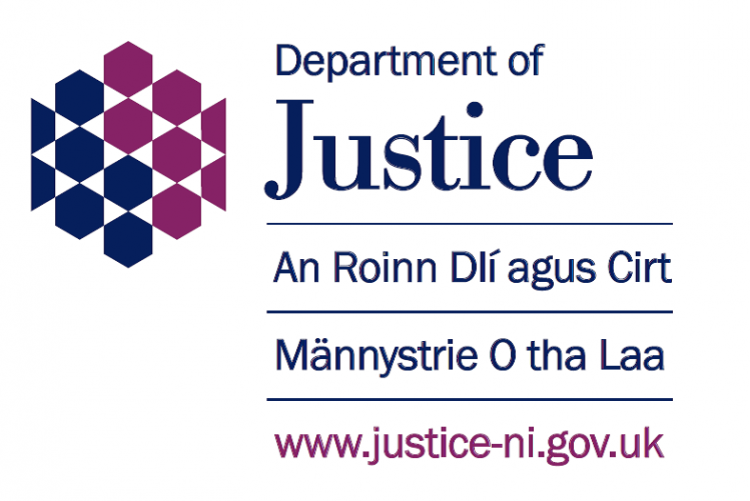
Northern Ireland Prison Service
Belfast, Northern Ireland
Partner
Industry
Public Sector
Solutions
About Northern Ireland Prison Service
The Northern Ireland Prison Service (NIPS) is responsible for the operation and delivery of services within the Northern Ireland prison system. The aim of the service is to improve public safety by reducing the risk of re-offending through the management and rehabilitation of offenders in custody.
NIPS currently cares for over 2,000 prisoners across its three prisons: Maghaberry, Magilligan and Hydebank Wood Secure College and Women’s Prison, all of which include care and supervision units (CSUs). The units support prisoners who need to be kept apart from other prisoners and those who exhibit behaviours that may cause harm to themselves or others. When assigned to a CSU, (known as segregation unit in England, Scotland and Wales), prisoners may spend more time in their cells.
The Challenge
The Criminal Justice Inspectorate, which inspect prisons in England, Scotland, Wales and Northern Ireland, completed an inspection of the NI CSUs in 2022, The subsequent report highlighted concerns that NIPS was not easily able to evidence meaningful activity and time offered to prisoners out of their cells when in the CSU.
The time a prisoner remains in their cell must be in accordance with the United Nations Standard Minimum Rules for the Treatment of Prisoners, known as the Nelson Mandela Rules. Under these rules a prisoner has protected rights and may not be confined to their cell for up to 24 hours a day.
The Northern Ireland Prison Service had remained within the Mandela guidelines as evidenced by CCTV and paper records detailing the movements of residents outside their cells. However, the inspectorate needed a greater degree of transparency and accuracy to verify the time CSU prisoners spent inside and outside their cells.
It’s essential the Northern Ireland Prison Service continues to adhere to UN standards of care and the Zebra TC21 helps us structure prisoner care daily, safeguarding the most vulnerable people within the prison system.
John Marrion, Head of ICT Services at Northern Ireland Prison Service
The Solution
In response, NIPS first considered using the corporate application to keep a record of the time prisoners spent outside their cells, this was proving to be too time consuming as a lot of staff resource was being tied up inputting the information. What was needed was a solution that would be able to cope with the demands of the prison environment enabling staff to manage effectively in the CSU environment.
The Northern Ireland Prison Service therefore selected Zebra and Zebra Registered ISV Partner Sopra Steria to help prison officers easily and accurately maintain digital records of the time prisoners spent outside their cells.
The Zebra Difference: Outcome and Benefits
Over the past year, NIPS has deployed numerous Zebra TC21 Durable Wi-Fi Android™ Mobile Computers which come equipped with barcode scanner capabilities to track prisoner movements in and out of their cells, recording logs and for keeping a record of how prison officers oversee prisoners within the CSU.
The TC21s have docking cradles that are connected by ethernet to the local area network. The devices are in kiosk mode with only specified applications and settings enabled, this is configurable but currently only the CSU app is available.
When supervising prisoners, prison officers will use the Zebra TC21s to log their ID into the prisoner management system, the backend system used to manage prisoners. In addition, the details of all the prisoners in the segregation unit are downloaded to the device.
Staff deploy the device when inspecting their units. Utilising QR codes, as a prisoner leaves their cell, staff can record the identity of the prisoner, the time they left their cell and for what purpose, for example, going to the gym. They can also record the time the prisoner returns to their cell and the route the prisoner took on the return journey, maintaining a precise record of the prisoner’s movements. In addition, a refusal to undertake activity, together with the reason can be recorded. This data is synchronised with the prisoner management system, giving staff a location and movement audit of all the residents in the CSU. This data can be compared with paper logs and CCTV to verify the audit.
As part of the process, unique logins record which officer used the device. These accompany a digital timestamp for when the device was used. QR codes on the cell doors are scanned with the TC21 mobile computer to get an exact record of when the officer was at the cell door. This helps account for the officer’s management of their residents in the CSU.
Following NIPS’s roll-out of the Zebra TC21 mobile computers, a prison inspector follow-up report singled out Zebra Technologies as key to supporting more transparent prisoner movement audits. The British Red Cross also described the technology as a ‘game-changer’ for the care of prisoners in the units.
“Prison officers have a highly stressful job and they use technology such as these devices to help them in their daily tasks,” says John Marrion, Head of ICT Services at NIPS. “Officers like the rugged design of the TC21, they are familiar with the device interface and appreciate the ease of use to capture and record the prisoner movement within the CSU. It’s essential the Northern Ireland Prison Service continues to adhere to UN standards of care and the Zebra TC21 helps us structure prisoner care daily, safeguarding the most vulnerable people within the prison system.”
Featured Products and Solutions
Related Resources
Legal Terms of Use Privacy Policy Supply Chain Transparency
ZEBRA and the stylized Zebra head are trademarks of Zebra Technologies Corp., registered in many jurisdictions worldwide. All other trademarks are the property of their respective owners. Note: Some content or images on zebra.com may have been generated in whole or in part by AI. ©2026 Zebra Technologies Corp. and/or its affiliates.
